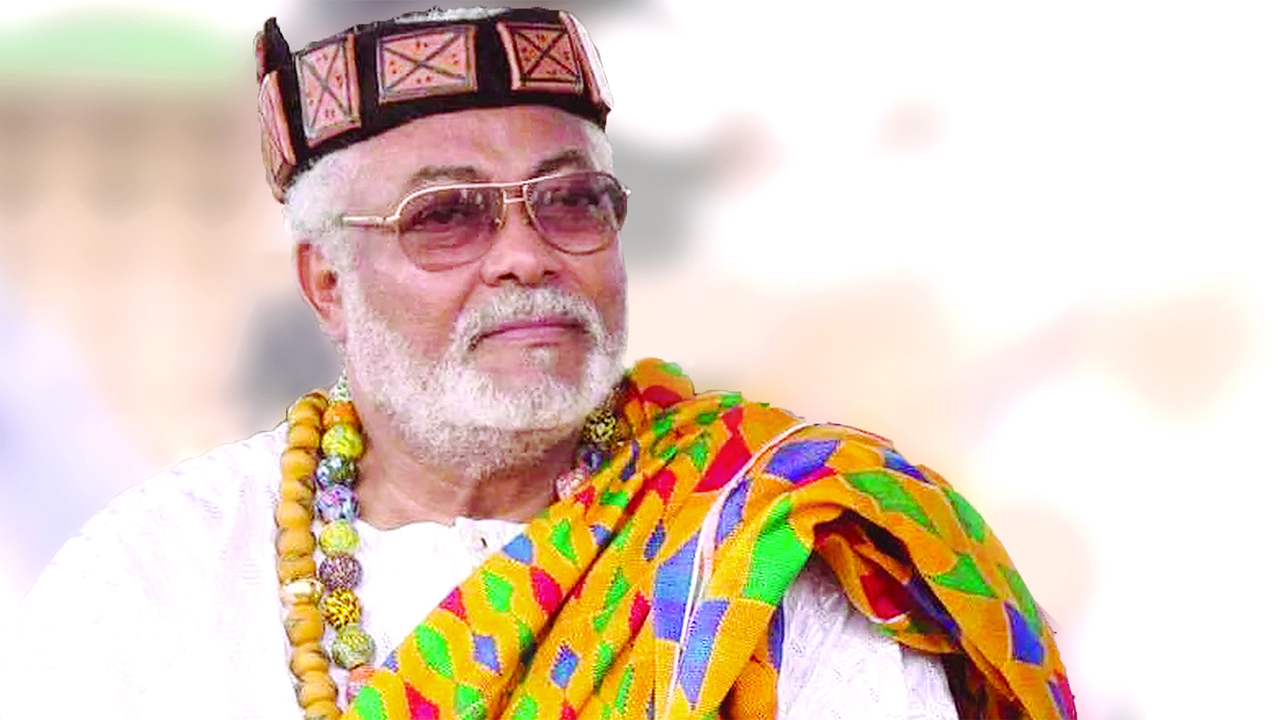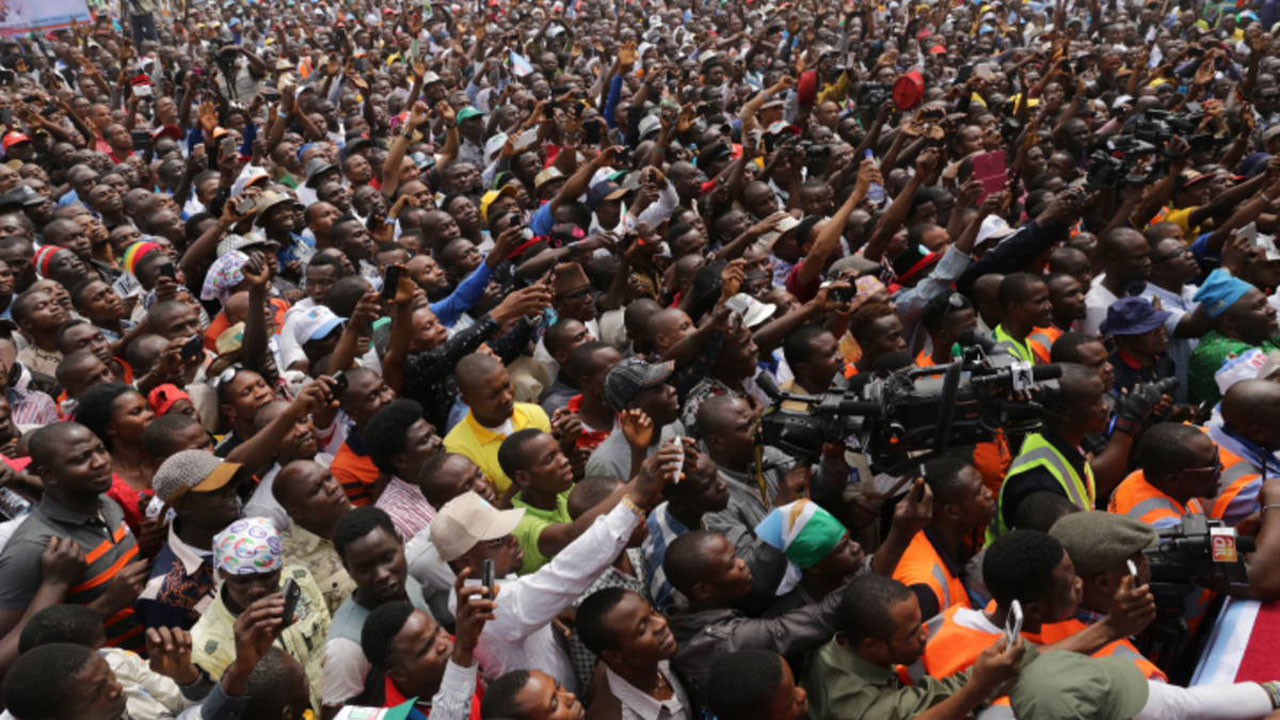Rawlings later embarked on what he called a “house-cleaning exercise” involving the killings and abduction of over 300 Ghanaians. But many Ghanaians applauded their execution, believing such arbitrary shedding of blood would put an end to corruption. His initials—JJ— became known as Junior Jesus. But when things became hot, students of the University of Legon turned those initials into Junior Judas. A second instance.
On a particular evening, during the second reign of Rawlings, three Supreme Court justices, Cecilia Koranteng-Addow, Frederick Sarkodie and Kwadjo Agyei Agyepong were abducted about the same time, only for their corpses to be found later. Also killed secretly were military officers Major Sam Acquah and Major Dasana Nantogmah. Rawlings was never able to deny his role. He was never held accountable. When he was interviewed by the BBC on the episode, he was evasive. A third instance.
The Editor of the Catholic Newspaper in Ghana, then Father Charles Palmer-Buckle, now Archbishop of Cape Coast, was a target of Rawlings’ death squad. Searching for him to kill him, the death squad found a religious brother of the Society of Divine Word who looked like him, and killed him. For days, this brother’s whereabouts were unknown to the Church. By the time his corpse was found, it was in an advance state of decomposition. He was buried before the Mass as his body could not be taken into the Church. Let me say in passing that Rawlings was Catholic.
A fourth instance. When Rawlings metamorphosed into a civilian President, he physically assaulted his Deputy during a cabinet meeting. The poor Vice President reported the matter to the police. But in Africa, leaders are above the law because Africa is under the rule of strong men, not under the rule of just laws. A fifth instance. On June 8, 1998, when Sani Abacha died. The BBC interviewed Rawlings. During the interview, Rawlings wept and sobbed over the loss of “a good African leader”. But Abacha visited untold brutality on Nigerians.
Rawlings’ economic policy of state-controlled economy, his imposition of price control in particular, turned out to be misguided and ruinous. Seeing their catastrophic consequences, he who would not tolerate any opposition to this policy. He later embraced a free market economy in 1992. But not until after he silenced all opposition to his erstwhile misguided economic policies. His imposition of unrealistic economic policies exemplifies the philosophy that says power is knowledge.
But that precisely is what has kept Africa down for centuries, right from pre-colonial years. Despite his less than sterling human rights record, as could be seen in the gratuitous shedding of blood narrated above, he is spoken off in laudatory terms by his many supporters. Indeed there have been times some Nigerians, out of frustration over corruption, expressed the wish for a “Rawlings solution.”
Corruption becomes an excuse for tyranny in a futile search for an illusory “benevolent dictator”. But in Africa, we can and we must fight corruption through legal means, not by breaking the law, through institutions that are independent of the whims and caprices of strong men. Apart from Rawlings, another poster boy for “revolution” in Africa is Thomas Sankara, and his latest successor Ibrahim Traore. As a young army officer, Captain Sankara and his friend Blaise Campaore overthrew the government of then Upper Volta and changed the name of the country to Burkina Faso.
Later on, in a tragic turn of their juvenile military adventure, Campaore would kill Sankara in a bloody palace coup. But on this continent of deified rulers, so much myth has been built and peddled around Sankara, and even more sophisticated myth is disseminated in social media about his successor Ibrahim Traore. This is not to pass a judgment on Rawlings and other members of the clan of tyrants who have ruled and are still ruling in Africa.
This is to set the records straight. It is to submit that strong men and brutal dictators should not be presented as role models to young Africans. They might have had the good intention of fighting corruption. But good intention alone does not suffice. We Africans must learn to hold our leaders accountable. We must rise above our hunger and thirst for messiahs and learn to take responsibility for the common good. Intelligent regulation of our common life must not be outsourced to messiahs.
It is in fact the case that the messiahs to which we love to outsource our land end up as strongmen with a sense of entitlement. On the need for strong institutions and the competence of those who man them Let us return to Obama’s speech before the Ghanaian parliament. Repeatedly insisting on the need for good governance and strong institutions to facilitate the development of Africa, he went on to say: In the 21st century, capable, reliable and transparent institutions are the key to success — strong parliaments; honest police forces; independent judges … an independent press; a vibrant private sector; a civil society.
Those are the things that give life to democracy, because that is what matters in people’s everyday lives. And again: With strong institutions and a strong will, I know that Africans can live their dreams in Nairobi and Lagos, Kigali, Kinshasa, Harare, and right here in Accra. And so, to Ghanaians, and through them, to the rest of Africa, he spoke these words: we must first recognise the fundamental truth that you have given life to in Ghana: Development depends on good governance.
That is the ingredient which has been missing in far too many places, for far too long. That’s the change that can unlock Africa’s potential. And that is a responsibility that can only be met by Africans. It is not difficult to agree with President Obama that absence of such institutions is largely accountable for unaddressed and unmet developmental needs on this continent. Such institutions exist to secure the rights that belong to the human person as a human person and as a citizen.
They secure the environment in which he or she can seek to fulfill legitimate aspirations and actualise potentials. “People everywhere should have the right to start a business or get an education without paying a bribe,” says Obama.
Father Akinwale, OP, is Vice Chancellor, Augustine University, Ilara-Epe, Lagos State.






